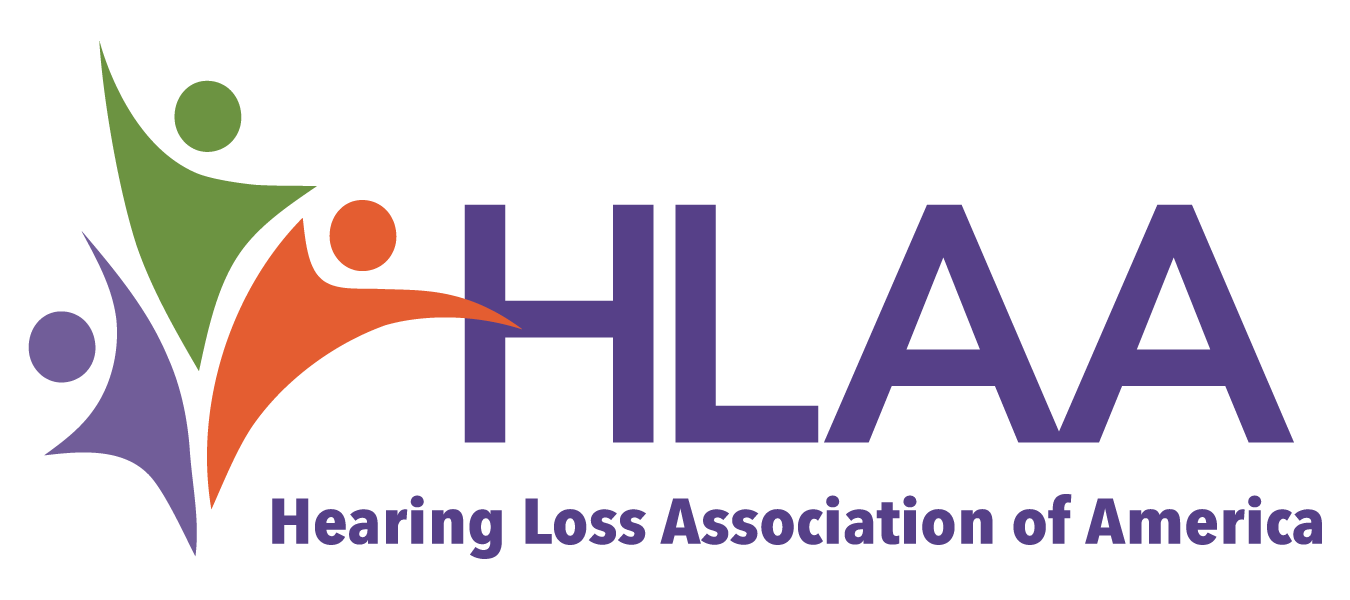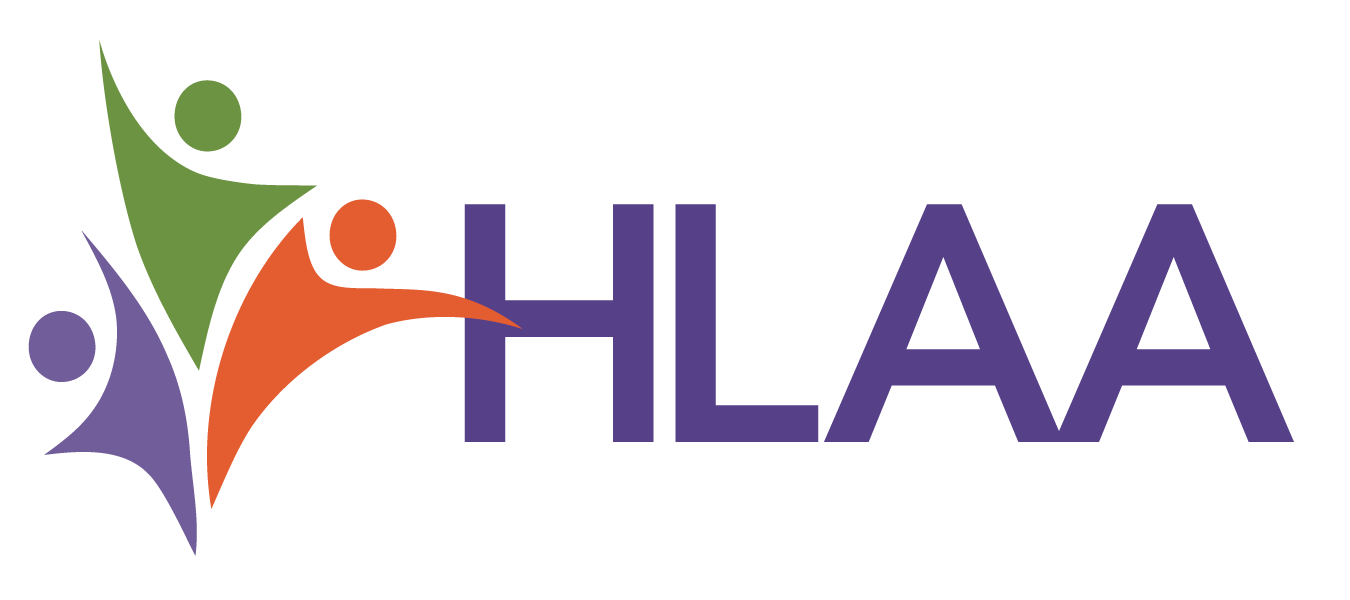Enacted in 1965, Title XVIII of the Social Security Act established regulations for the Medicare program, which guarantees access to health insurance for all Americans, aged 65 and older but specifically excludes hearing aids and services from coverage. Recommendation #9 of the study on Hearing Health Care for Adults: Priorities for Improving Access and Affordability, National Academies of Science, Engineering, and Medicine is for the Centers for Medicare & Medicaid Services (CMS) to evaluate options, including statutory changes to provide coverage so that treating hearing loss is affordable for Medicare beneficiaries.
Summary
HLAA is in the early stages of our strategy to get hearing aids and services covered by Medicare. Below is a summary of activities and legislative proposals:
Four bills have been formally introduced into Congress, three in the House and one in the Senate. A description of the four bills appears at the end of this section of the report.
As a first step, HLAA staff met with the staffs of the two House committees of jurisdiction (Ways and Means and Energy and Commerce) in April to discuss their plans for considering these bills and how HLAA can be most helpful. While the issue of Medicare coverage is very much on the radar of both committees, neither appears ready to begin crafting proposals or scheduling hearings.
When Can HLAA Constituents Get Involved?
All discussions are still in the preliminary stages. As things begin to take shape over the next several months, we will engage HLAA supporters. While there may be some initial congressional activity on the issue late in 2019 or early in 2020, it is unlikely that serious consideration of Medicare policy will begin until after the 2020 election.
In addition to our outreach on the Hill, HLAA has also been having conversations with hearing health care and audiology professional organizations and academics about Medicare coverage. We have also begun reaching out to the broader Medicare community. We have met with the Alliance for Retired Americans and the National Committee to Preserve Social Security and Medicare to discuss how we can partner with senior citizen organizations on expanding Medicare benefits. We have also joined the Better Medicare Alliance.
HLAA has a position paper on Medicare coverage. These papers are generated by the Policy Committee and voted on by the Board. This particular paper should be continually looked at over the next few years and revised as needed.
Current Medicare Legislation in the 116th Congress
H.R.576, introduced by Rep. Lucille Roybal-Allard (D-CA). The “Seniors Have Eyes, Ears and Teeth Act” is a straightforward bill that provides Medicare benefits for hearing, dental and vision. As in past years, it is a popular bill and currently has 81 co-sponsors. Although it lacks the details of some other bills, it is the primary bill used to demonstrate support for expanding Medicare coverage.
H.R.1518, introduced by Rep. Debbie Dingell (D-MI). This bill extends Medicare coverage to hearing aids and hearing exams only. It also authorizes a study into the need for hearing aids and current insurance coverage. While it is not clear if Congress would be willing to address hearing health but not other services—such as vision and dental, the bill nevertheless provides an opportunity to educate members of Congress and others about the special needs of our constituency. As a member of the Energy and Commerce Committee, Dingell is in a good position to elevate these issues.
H.R.1393, introduced by Rep. Lloyd Doggett (D-TX). This bill is considered the most pragmatic, and is sponsored by the chair of a Subcommittee that has jurisdiction over Medicare. As such, it could become the basis for any congressional action. H.R.1393 provides for Medicare coverage for hearing, dental and vision, but phases in the coverage over eight years and includes certain limitations. The coverage includes “audiology services and hearing services,” as well as hearing aids.
S.1423, introduced by Sen. Robert Casey (D-PA). This bill largely tracks H.R.1393, but also includes funding for state Medicaid programs to expand coverage of hearing, dental and vision services.

